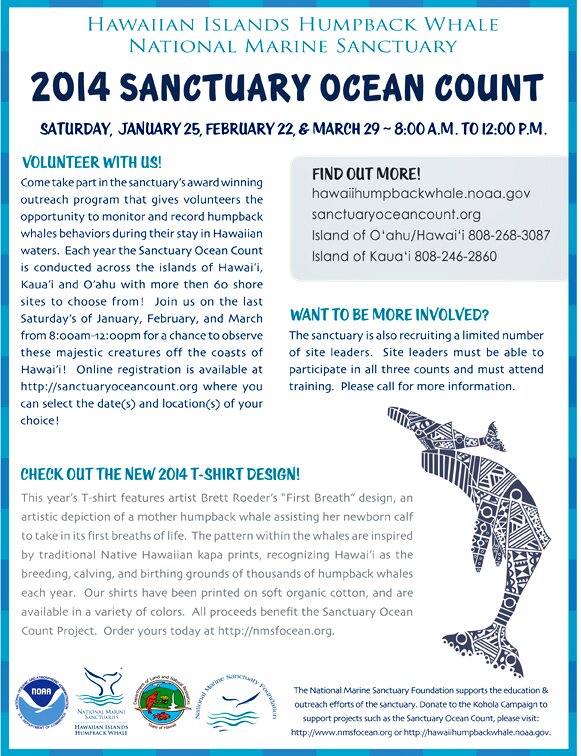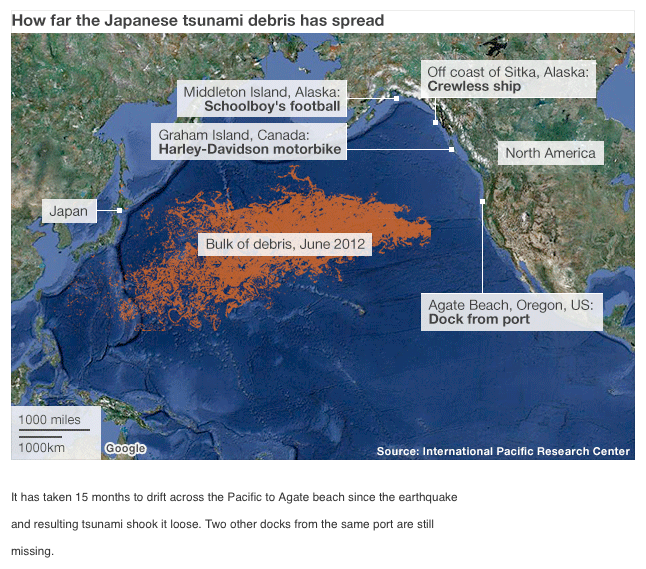Mendocino Whale Festival is an annual event along the beaches and northern coast of California to celebrate the whale migration. An estimated 20,000 gray whales migrate from birthing grounds in Mexico to their winter home in Alaska and Mendocino is considered one of the best locations to watch them. Mendocino Whale Festival event takes place in March with many activities such as chowder tasting, whale watching tours.
Ningaloo Whaleshark Festival
The Whaleshark Festival is for all ages and is possibly the only event in honour of that unique, spectacular creature, the whale shark which is recognised both nationally and internationally.

Ningaloo Whaleshark Festival
The festival’s objective is to bring together government departments, business,industries and community members to strengthen their relationships whilst enhancing the education and celebration of the Whale Shark and its annual visit to Ningaloo. The Whaleshark Festival is for all ages and is possibly the only event in honour of that unique, spectacular creature, the whale shark which is recognised both nationally and internationally.
42nd Whaling City Festival
Whaling City Festival has been running for 42 years. Over 150 thousand people visit the festival every year. At the Whaling City festival you can shop over 200 flea market and craft vendors and eat at one of the 26 food vendors. Enjoy music and entertainment from local bands and local radio stations. The Whaling City festival wouldn’t be complete without taking a ride on one of many Mark Fanelli’s Carnival rides.
New Bedford, Massachusetts

Whaling City Festival has been running for 42 years.
The festival is in New Bedford Mass at Buttonwood Park next to the zoo.
Whaling City Festival
Fort Bragg Whale Festival Chowder Tasting Event
Fort Bragg Whale Festival Chowder Tasting Event – Brown Paper Tickets
Restaurants that will be represented; Cafe One, Cliff House, Harvest Market, Living Light,The Restaurant,Laurel Deli,Angelina’s,North Coast Brewing Company, and JJ’s Family Restaurant. In addition there will be beer sampling provided by North Coast Brewing Company. You must be 21 years of age or older and show your ID at the event.
Fisherman’s Wharf Monterey
This popular event celebrates the migration of the gray whales.
montereywharf.com/?page=events
The Two Oceans Hermanus Whale Festival – Hermanus, Western Cape
The 40Fathoms Film Festival – a The South African Shark Conservancy event – is only 3 weeks away! If you are in Hermanus between June 7th & 8th, …
https://www.facebook.com/whalefestival
Big Bay Whale Festival in San Diego, CA
A free family festival with a wide variety of interactive and hands-on displays to learn about California gray whale … Home › Events › Whale Festival …
www.sandiego.org/events/festivals-and…/whale-festival.aspx
2014 SANCTUARY OCEAN COUNT
Here it the Information on the Whale Count.
Saturday, January 25, February 22, & March 29 ~ 8:00 a.m. to 12:00 p.m.
Hawaiian Islands Humpback Whale National Marine Sanctuary
Contact Us at [email protected] if you would like to participate in our Beta Version of the Whales Without Borders Photo Project by uploading some of your whale photos.
We are hoping to expand this well beyond just the Hawaiian Islands Whale Counts.

Japanese Tsunami Debris has spread across Pacific Ocean
Tapping into the Ocean – Seawater desalination
 Tapping into the Ocean
Tapping into the Ocean
By Nikolay Voutchkov
Seawater desalination produces fresh, low-salinity potable water from seawater via membrane separation or evaporation. The mineral/salt content of the water is usually measured by the water quality parameter total dissolved solids (TDS), in milligrams per liter (mg/L) or parts per thousand (ppt).
The World Health Organization and the U.S. EPA, under the Safe Drinking Water Act, have established a maximum TDS concentration of 500 mg/L as a potable water standard. This TDS level can be used as a classification limit to define potable water.
Typically, water of TDS concentration higher than 500 mg/L and low or equal to 15,000 mg/L is classified as brackish. Natural water sources such as sea, bay or ocean waters usually have TDS concentration higher than 15,000 mg/L and are generally classified as seawater.
For example, Pacific Ocean seawater along the U.S. West Coast has a TDS concentration of 33,500 mg/L of which approximately 75% is sodium chloride.
Approximately 97.5% of the water on the planet is located in the oceans and therefore is classified as seawater. Of the 2.5% of the planet’s fresh water, approximately 70% is in the form of polar ice and snow, and 30% is groundwater, river and lake water, and air moisture. Even though the volume of the earth’s water is vast, less than 10 million of the 1.4 billion cubic meters of the water on the planet are of low salinity and suitable for use after applying conventional water treatment only. Desalination provides means for tapping the world’s main water resource—the ocean.

